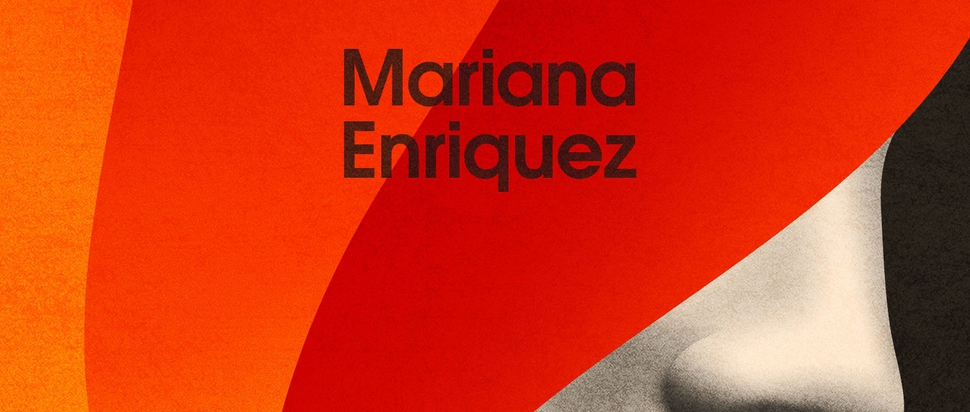

Children living on the street, a girl dying on the sidewalk after an illegal abortion, prisoners tortured at a detention center, sit in wait for those who would notice them, making broad daylight just as unnerving as midnight. And yet Enriquez shifts this interiority outward into a landscape made ghastly by political and economic forces. The psychic interiority of broaching one’s own darkness is the mainstay of horror fiction, the genre to which these stories clearly belong. They open the door, open the cabinet, cross the wall. Eventually, Enriquez’s girls and women walk voluntarily towards what they least want to see. All these tales are told from a woman’s point of view, often a young one, and they seem to be able to hold out against the horror that lures them for only so long. These ghostly images flicker out of Mariana Enriquez’s stories, her characters witnessing atrocities or their shadows or afterimages. In the middle of the night, invisible men pound on the shutters of a country hotel. An emaciated, nude boy lies chained in a neighbor’s courtyard. A demonic idol is borne on a mattress through city streets.

$24.00.Īn abandoned house brims with shelves holding fingernails and teeth.


 0 kommentar(er)
0 kommentar(er)
